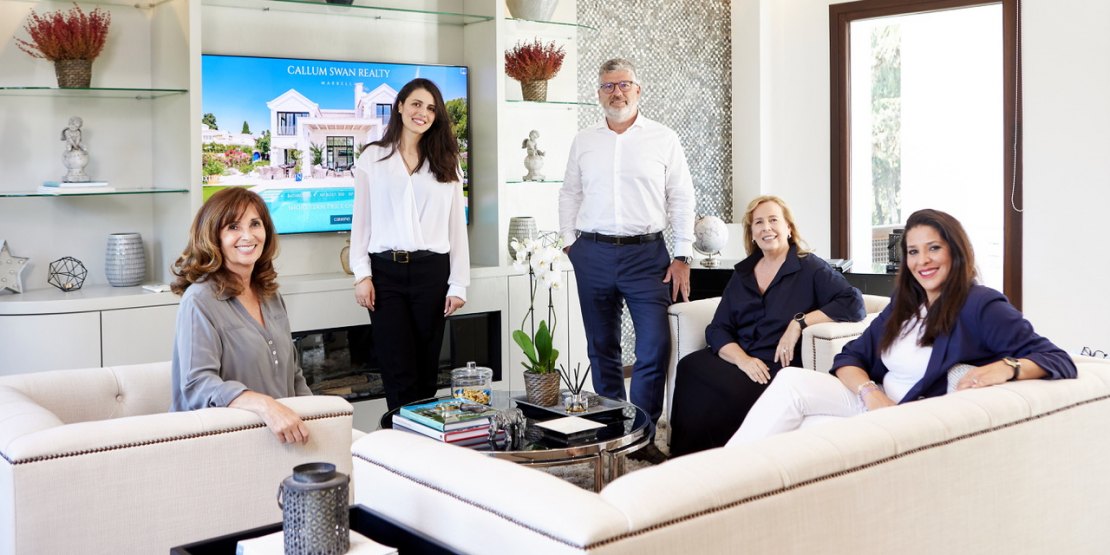
A guide to the buying process Transparent property purchase
Buying a property in Spain is in reality a very straightforward process. Below is a guide to steps that follow finding the home you’ve been looking for.
Initial Property Check
When you’ve found the property you want the next step is to engage an experienced lawyer who speaks your language. We can help with recommending professionals with a reputation for being thorough, as the next step involves the lawyer verifying the legal status of the property.
The first document he or she will request is the Nota Simple, which is issued by the Property Registry (Registro de la Propiedad) and indicates if there are any outstanding debts associated with the home, such as a mortgage, loan or embargo.
The lawyer will also check that the description of the property – including its features, square metreage and the delineation of its boundaries – conforms to what is being offered for sale. The Nota Simple also confirms the identity of the present owner of the property, and that the vendor does indeed have the right to sell it.
In the case of an apartment or townhouse complex, or a villa that belongs to a gated community, it is also important to request a certified document from the legal representative of the Community of Owners that outlines if there are any fees outstanding. The same applies to confirmation that local property taxes (IBI and Basura) are paid up to date.
Pre-Purchase Agreement
Once the property passes the documentation test and the sale proceeds, the next step involves the signing of a Pre-Purchase Agreement that clearly outlines the fact that the vendor will sell the property to the buyer for a specific price. Any additional stipulations added as part of the transaction such as for instance the inclusion of furniture, will also be listed here.
The buyer pays a 10% deposit at this point (a figure that can vary by mutual agreement) to reserve the property and take it off the market. The buyer loses the deposit if he or she backs out after signing the agreement, while the vendor has to return double the amount of the deposit if he/she decides not to sell at this stage. It should be noted that the two parties can opt for a different form of contract if they wish.
Financing
The financing of the purchase should be in place by now. The bank that may have agreed the mortgage in principle will now want to see the Pre-Purchase Agreement and arrange an independent valuation of the property, as the value of the loan will be based on that figure, not the selling price.
The cost of this technical valuation is borne by the buyer and ranges between €300-€500.
Completing the Purchase
Once the financing is in place the property transfer is performed before a notary, who certifies that the legally required steps have been followed and the transaction is therefore correct and binding. The notary will read the deed of purchase to ensure both parties understand and agree to its contents.
The notary will also check the identity documents of the vendor and buyer (or power of attorney), along with the property title and proof of payment. Once everything is in place both parties sign the contract before the notary and the sale is concluded.
Taxes due
Resale (existing) homes
Transfer tax (for individual buyers), which increases with the value of the property
- 8% up to €400,000
- 9% between €400,001 and €700,000
- 10% over €700,001
New-build
VAT (IVA) of 10% and Stamp Duty of 1,5% - based not necessarily on the purchase price, but on the assessed rateable value if it is the higher of the two. Legal advice should be sought if there is a significant difference between the two.
Different rates apply for commercial premises and garages that are sold separately, or when the property transaction is between companies.
Seller
The vendor is responsible for a locally levied Capital Gains Tax (Plusvalía) that is calculated upon the increase in rateable value (Valor Catastral) of the property. Typically, it varies between several hundred and several thousand euros, and some contracts pass its payment on to the buyer.
Registering the new Property
To ensure your ownership rights are fully protected, your new home should be registered in your name at the Property Register (Registro de la Propiedad). The charge is based on the value of the property:
- 0,4% on the first €6,010
- 0,02% on the balance
Other Fees
Total taxes and fees typically range between 10-12% of the purchasing cost, with notary fees around €3,000 depending on the property’s value and lawyer’s fees around 1% of the same.

